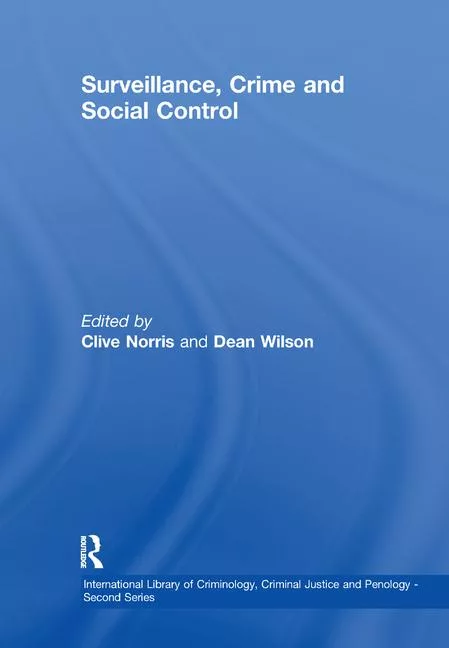Government of Canada Introduces Legislation to Fight Crime
The Honourable Rob Nicholson, P.C., Q.C., M.P. for Niagara Falls, Minister of Justice and Attorney General of Canada, together with Dave MacKenzie, M.P. for Oxford and Parliamentary Secretary to the Minister of Public Safety, and Daniel Petit, M.P. for Charlesbourg-Haute-Saint-Charles and Parliamentary Secretary to the Minister of Justice, re-introduced in the House of Commons two bills that would provide law enforcement and national security agencies with up-to-date tools to fight crimes such as gang- and terrorism-related offences and child sexual exploitation.
"New and evolving technologies provide new ways of committing crimes, making them harder to investigate," said Minister Nicholson. "We must ensure that law enforcement has the means to bring to justice those who would break the law. Twenty-first-century technology demands twenty-first-century tools for police to effectively investigate crime."
The proposed Investigative Powers for the 21st Century Act would provide law enforcement agencies with new, specialized investigative powers to help them take action against Internet child sexual exploitation, disrupt on-line organized crime activity and prevent terrorism by:
- enabling police to identify all the network nodes and jurisdictions involved in the transmission of data and trace the communications back to a suspect. Judicial authorizations would be required to obtain transmission data, which provides information on the routing but does not include the content of a private communication;
- requiring a telecommunications service provider to temporarily keep data so that it is not lost or deleted in the time it takes law enforcement agencies to return with a search warrant or production order to obtain it;
- making it illegal to possess a computer virus for the purposes of committing an offence of mischief; and enhancing international cooperation to help in investigating and prosecuting crime that goes beyond Canada's borders.
The Investigating and Preventing Criminal Electronic Communications Act would address challenges posed by today's technologies that did not exist when the legal framework for interception was last updated nearly 40 years ago. The Act would require service providers to include interception capability in their networks, thereby allowing law enforcement and national security agencies to execute authorizations for interception in a more timely and efficient manner with a warrant. The proposed Act also calls for service providers to supply basic subscriber information upon request to designated law enforcement, Competition Bureau and national security officials.
Other countries, such as the United Kingdom, the United States, Australia, New Zealand, Germany and Sweden, already have similar legislation in place.
Looking for a reprint of this article?
From high-res PDFs to custom plaques, order your copy today!






